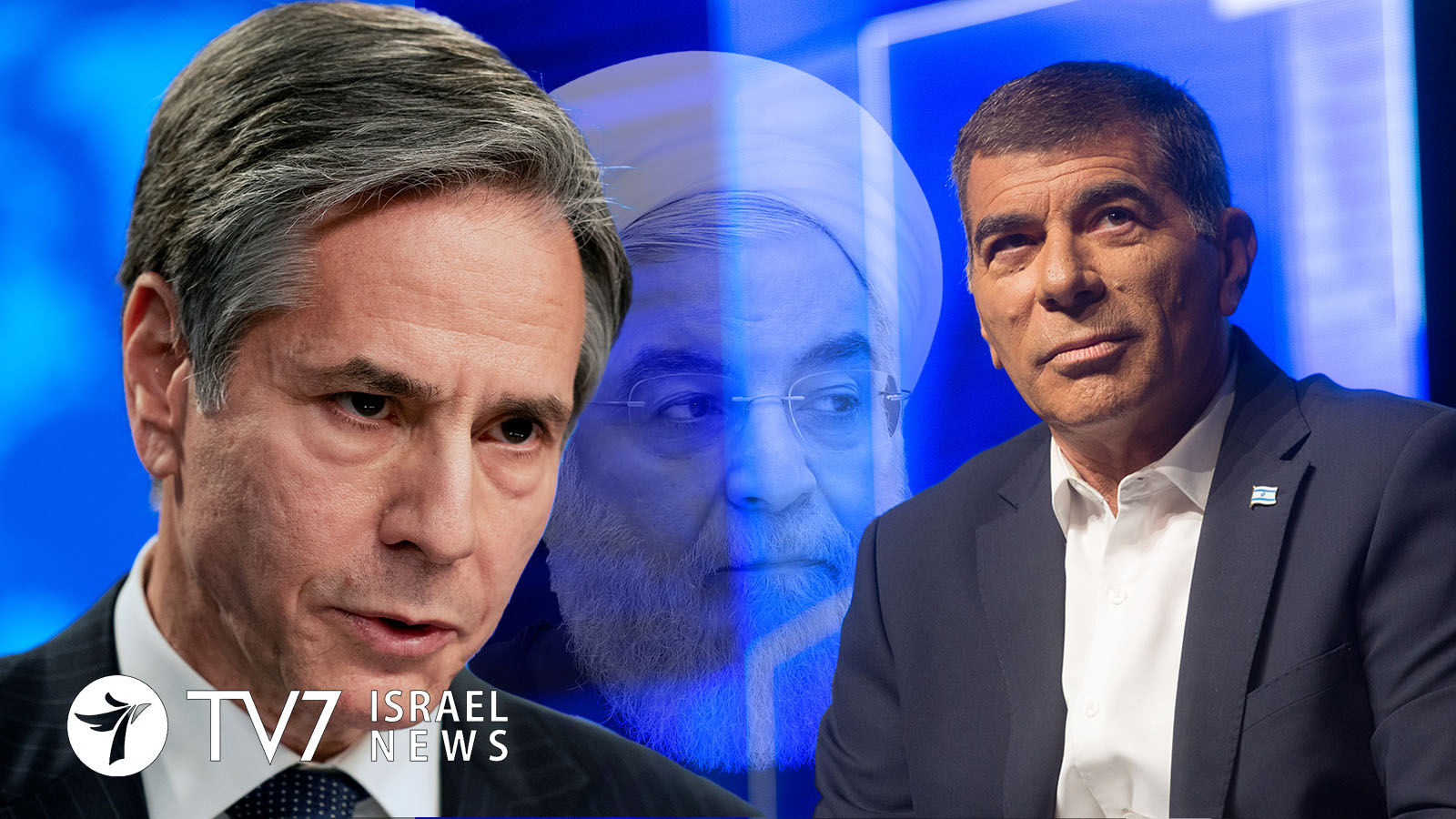Israeli Foreign Minister Gabi Ashkenazi began the start of the 3-day virtual conference with the heads of Israeli missions in Asia and the Pacific on Zoom, with his Indian counterpart Subraminin Jayshanker.
The annual event is focused on diplomatic, economic and trade relations, as well as the opportunities created following the Abraham Accords and the world threat posed by malign Iranian behavior.
Minister Ashkenazi used the conference to update the Israeli ambassadors on regional developments, as well as Jerusalem’s dialogue with the United States.
After noting good relations with the Biden administration and US Secretary of State Anthony Blinken, Israel’s top diplomat reportedly said that in the shared mission to prevent Iranian nuclear weapons capability, the two countries have agreed that neither will make any decisions regarding Tehran or the Joint Comprehensive Plan of Action nuclear deal without informing the other first.
“If anyone thought the Americans would run to make an agreement with Iran – it did not happen up until now, and I hope it will not happen going forward,” the Israeli Ynet news agency cited Ashkenazi as saying. He reportedly then elaborated that, “There is a decision by a small forum constituting of the Prime Minister (Benjamin Netanyahu), the Defense Minister (Benny Gantz), Foreign Minister (himself) and the heads of the defense establishment to enter a dialogue with them (the US) in a non-oppositional manner, discuss Israeli interests and how to forge a great agreement that will safeguard Israeli and regional interests and prevent a nuclear Iran. Our policy is to exhaust this dialogue in person and to professionally converse with the Americans as allies.”
According to a statement TV7 obtained from the Israeli Foreign Ministry, Ashknazi went on to call on the country’s international diplomats to “strengthen economic diplomacy with the region, create opportunities for the Israeli economy, promote free trade agreements and help emerge from the economic crisis created by the coronavirus plague.”
Following the dialogue with the Ambassadors, the conference opened in a joint session with Indian Foreign Minister Jashanker. Both ministers spoke with the heads of the missions about the importance of Israel-India relations, which will mark the 30th anniversary of the establishment of relations between them next year.
“India is a power and a strategic partner for Israel,” said Minister Ashkenazi, adding that “Our relations are based on an understanding of common interests that complement each other and form a broad cushion for cooperation in security, water, agriculture, health and centers of excellence.”
Indian Foreign Minister Jashanker commented that, “India-Israel relations are undergoing a fundamental change. Israel is relevant to India in many areas, water agriculture, innovation and more. India will be happy to integrate into the new reality created by the Abraham Accords, which has tremendous potential for India.”
Gilad Cohen, Deputy Director General of the Ministry of Foreign Affairs for Asia and the Pacific underscored that, “The Asian continent is the global engine of growth and the Ministry of Foreign Affairs attaches increasing importance to economic diplomacy.”
